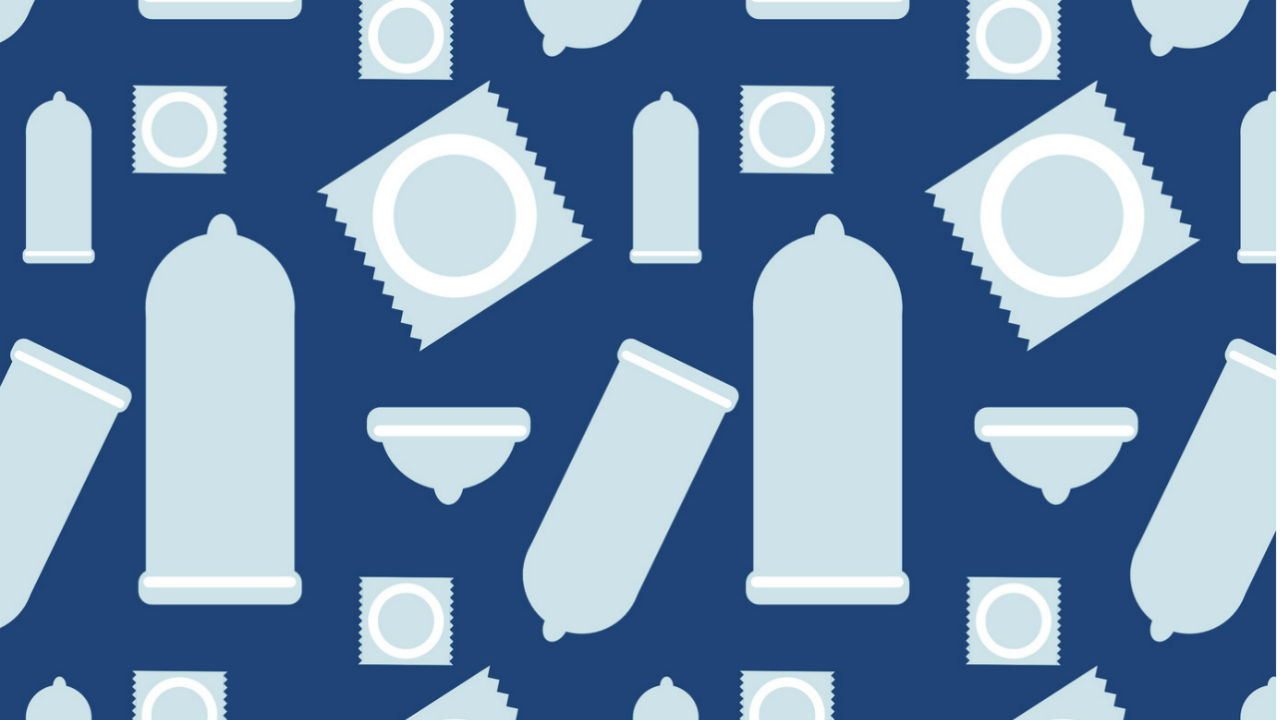 iStockphoto/Thinkstock
iStockphoto/Thinkstock
Pregnancy fears are the most common questions we get from teenage girls on EmpowHER. Some believe they can get pregnant by making out while wearing clothes, or believe they can never get pregnant unless there is full ejaculation inside their vagina.
Neither of these scenarios is true and these, as well as hundreds of other troublesome questions, have encouraged EmpowHER to step up and fill the gap so we can provide better sex education (including issues with sexuality) for women who don't understand how sex -- or their own bodies -- work. These educational pages can be found here: https://www.empowher.com/sexual-health-101/
A rather disappointing study conducted by the Maryland Population Research Center in College Park showed girls between the ages of 15-22 are 10 percent less likely to have used condoms in the past two months if their primary source of spending money comes from their boyfriends, as opposed to having jobs or getting money from parents or other family members.
Girls who dated males with cars were 50 percent less likely to use money and overall, girls who spent their boyfriends money to maintain a certain lifestyle were 50 percent less likely to use condoms. The study looked at the sexual and dating habits of 715 young black woman living in the Atlanta area.
The New York Times published a study in recent years about teens and STDs. The results of the national study showed that 50 percent of African American teens have a sexually transmitted infection or disease and 20 percent of white teens have been affected. Overall, one in four teens in America has had an sexually transmitted infection.
Condoms are approximately 98 percent effective and are widely available online and in drugstores. They cost from 25 cents to 75 cents per use -- a cheap and reliable way to protect against pregnancy and disease.
What is so concerning, according to Janet Rosenbaum who led the Maryland study, is that it shows that young women are willing to put themselves in danger of pregnancy and disease in return for money or a better lifestyle, given to them by males. She believes that modern emphasis on materialism is teaching young girls that money and "stuff" are more important than protecting their own health.
Rosenbaum said that the girls "are trading unsafe sex for money". She believes that one alternative is to introduce young women into using birth control like IUDs or birth control shots that their boyfriends cannot detect, although this will only protect against pregnancy, not disease.
But this train of thought also leads one to wonder why young women should have to hide their health decisions from their boyfriends in order to gain access to their money.
Advocates believe that more is needed than mere information about birth control and protective options. Children -- especially girls -- need to be encouraged to be self-sufficient, earn their own spending money and stand up for their rights. Being dependent on boyfriends for money forces them into a subservient position where they are less likely to campaign for their own health and well-being.
Tell Us
Have you traded unprotected sex for a certain lifestyle? How do you think we can encourage young women to stop this behavior?
SOURCES:
ABC News.com. Money Seems to Matter for Teen Girls, Condoms. Web. February 29, 2012.
http://abcnews.go.com/Health/teen-girls-condoms-receiving-money-boyfrien...
EmpowHER.com. Sexually Transmitted Diseases. One in Four Teenage Girls Infected with STDs. Web. February 29, 2012.
https://www.empowher.com/community/ask/one-four-teenage-girls-infected-std
Reviewed February 29, 2012
by Michele Blacksberg RN
Edited by Jody Smith





Add a CommentComments
There are no comments yet. Be the first one and get the conversation started!